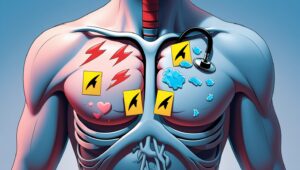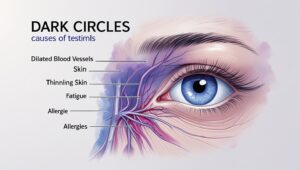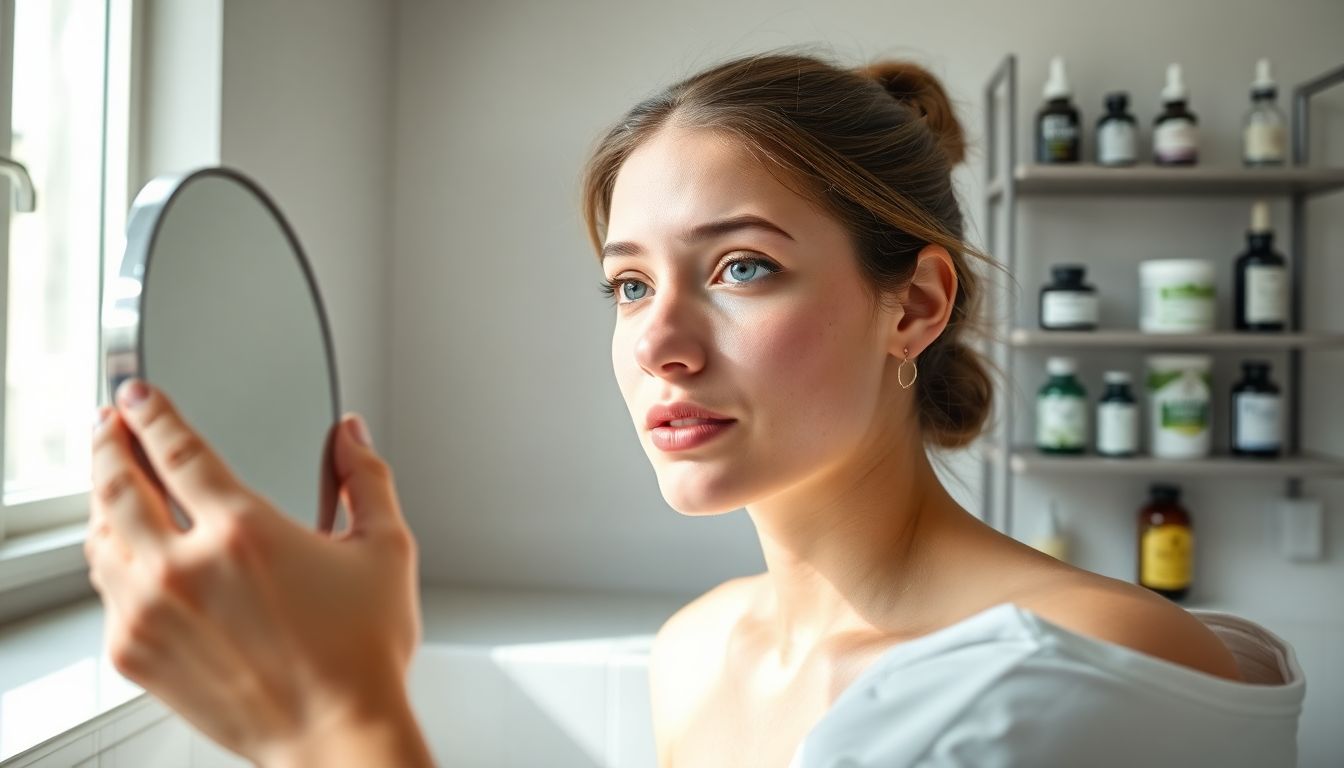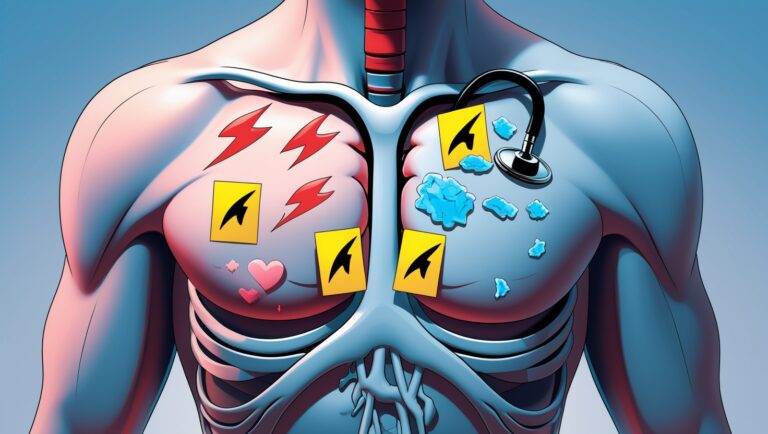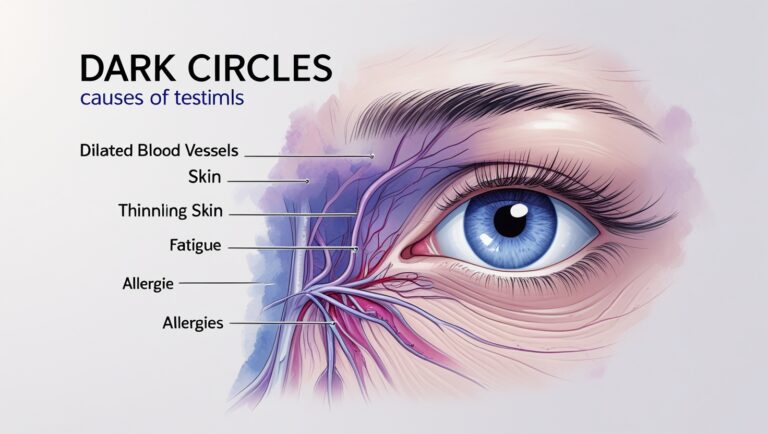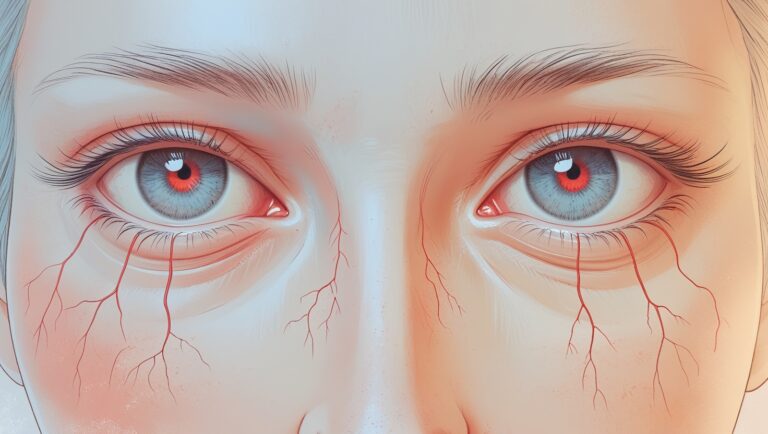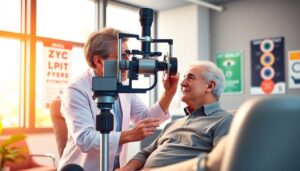Ever looked in the mirror and wondered why those pesky breakouts keep returning like clockwork? You’re not alone. Hormonal acne is one of the most common and frustrating skin issues for teens and adults alike. Unlike regular pimples, hormonal acne is deeper, more stubborn, and often appears in the same spots repeatedly. But don’t worry—understanding the root causes and effective treatments can help you take back control of your skin.
In this in-depth guide, we’ll explore what causes hormonal acne, why it keeps coming back, and what real, science-backed treatments you can use to finally get clear, healthy skin.
Table of Contents
- What Is Hormonal Acne?
- What Causes Hormonal Acne?
- Signs You Have Hormonal Acne
- Hormonal Acne vs. Regular Acne
- How to Diagnose Hormonal Acne
- Best Treatments for Hormonal Acne
- Diet Tips to Reduce Hormonal Acne
- Skincare Routine for Hormonal Acne
- Myths About Hormonal Acne
- When to See a Dermatologist
- Final Thoughts and Actionable Advice
1. What Is Hormonal Acne?
Hormonal acne is acne that’s triggered or worsened by fluctuations in your hormones. It commonly shows up in the form of:
- Painful cysts along the jawline
- Deep, inflamed pimples
- Recurring breakouts in specific areas (chin, cheeks, back)
Hormonal acne isn’t just a teenage problem. Many adults in their 20s, 30s, 40s, and even 50s experience it too.
2. What Causes Hormonal Acne?
Puberty
During adolescence, your body produces more androgens (male hormones like testosterone), which increases oil (sebum) production. That excess oil can clog pores and lead to breakouts.
Menstrual Cycle
Many women notice acne flares about a week before their period. This is due to the hormonal shifts that occur during the luteal phase of the cycle.
Polycystic Ovary Syndrome (PCOS)
PCOS is a hormonal disorder that causes the ovaries to produce excess androgens. Acne, irregular periods, and facial hair are common symptoms.
Pregnancy & Menopause
Hormonal fluctuations during pregnancy or menopause can also lead to breakouts. In pregnancy, acne may increase in the first trimester. During menopause, reduced estrogen can allow testosterone to dominate.
Stress & Cortisol
Chronic stress causes your body to release cortisol, a hormone that increases oil production and inflammation—two major contributors to acne.
Diet & Blood Sugar
High-glycemic diets (rich in sugar and processed carbs) cause blood sugar spikes that stimulate insulin. This, in turn, triggers the production of sebum and androgens.
Genetics
If your parents had acne, you’re more likely to struggle with it too. Genetics can influence how your skin responds to hormones.
3. Signs You Have Hormonal Acne
Not sure if your acne is hormonal? Look for these signs:
- Breakouts follow a monthly cycle
- Acne on the lower face, jawline, and neck
- Deep, painful cysts that don’t come to a head
- Acne flare-ups during stress or after eating sugar
4. Hormonal Acne vs. Regular Acne
Hormonal Acne:
- Deeper, cystic
- Usually appears around jawline, chin, and neck
- Recurs monthly
Regular Acne:
- Surface-level whiteheads or blackheads
- Can appear anywhere on the face
- Often linked to skincare habits or environmental factors
5. How to Diagnose Hormonal Acne
A dermatologist can often identify hormonal acne based on pattern, location, and your history. They may also recommend hormone testing, especially if PCOS or other endocrine disorders are suspected.
6. Best Treatments for Hormonal Acne
Over-the-Counter Products
- Salicylic acid: Exfoliates and unclogs pores
- Benzoyl peroxide: Kills acne-causing bacteria
- Retinoids: Help with cell turnover and reduce inflammation
Prescription Medications
- Topical antibiotics: Like clindamycin
- Oral antibiotics: Such as doxycycline or minocycline
Birth Control Pills
Some oral contraceptives regulate hormones and reduce androgen levels, helping with acne control.
Spironolactone
This oral medication blocks androgen receptors and reduces sebum production. It’s especially effective for women with hormonal acne.
Lifestyle Changes
- Manage stress through meditation or exercise
- Sleep at least 7-8 hours
- Stay hydrated
- Avoid touching your face frequently
Natural Remedies
- Spearmint tea: May reduce androgen levels
- Zinc supplements: Help reduce inflammation
- Tea tree oil: Has antibacterial properties
7. Diet Tips to Reduce Hormonal Acne
- Avoid high-glycemic foods (white bread, sugar, soda)
- Eat more whole grains, lean protein, and veggies
- Consider reducing dairy, which may aggravate acne for some
- Include omega-3-rich foods like flaxseed and salmon
8. Skincare Routine for Hormonal Acne
- Cleanser: Use a gentle, non-comedogenic cleanser
- Toner: Opt for soothing ingredients like witch hazel or niacinamide
- Treatment: Apply acne-fighting serums (salicylic acid or retinol)
- Moisturizer: Hydrate with a lightweight, oil-free moisturizer
- Sunscreen: Never skip SPF, even on cloudy days
9. Myths About Hormonal Acne
- Myth: Only teenagers get hormonal acne
- Truth: Adults, especially women, frequently struggle with it
- Myth: You just need to wash your face more
- Truth: Over-washing can strip skin and make acne worse
- Myth: Chocolate causes acne
- Truth: It’s more about overall diet and hormonal balance
10. When to See a Dermatologist
If you’ve tried over-the-counter solutions for 3 months without improvement, it’s time to consult a dermatologist. They can tailor a treatment plan based on your specific skin type, hormone levels, and acne pattern.
11. Final Thoughts and Actionable Advice
Hormonal acne can feel like a losing battle, but it doesn’t have to be. By identifying your triggers, using the right treatments, and sticking to a skin-friendly lifestyle, you can significantly reduce breakouts and regain your confidence.
Take Action Today:
- Start tracking your breakouts in a skin diary
- Adjust your diet gradually to reduce inflammatory foods
- Consult with a skincare specialist or dermatologist
- Be patient—healing hormonal acne takes time
Got questions or success stories about hormonal acne? Drop them in the comments or share this guide with someone who needs it. Your journey to clear skin starts now!
